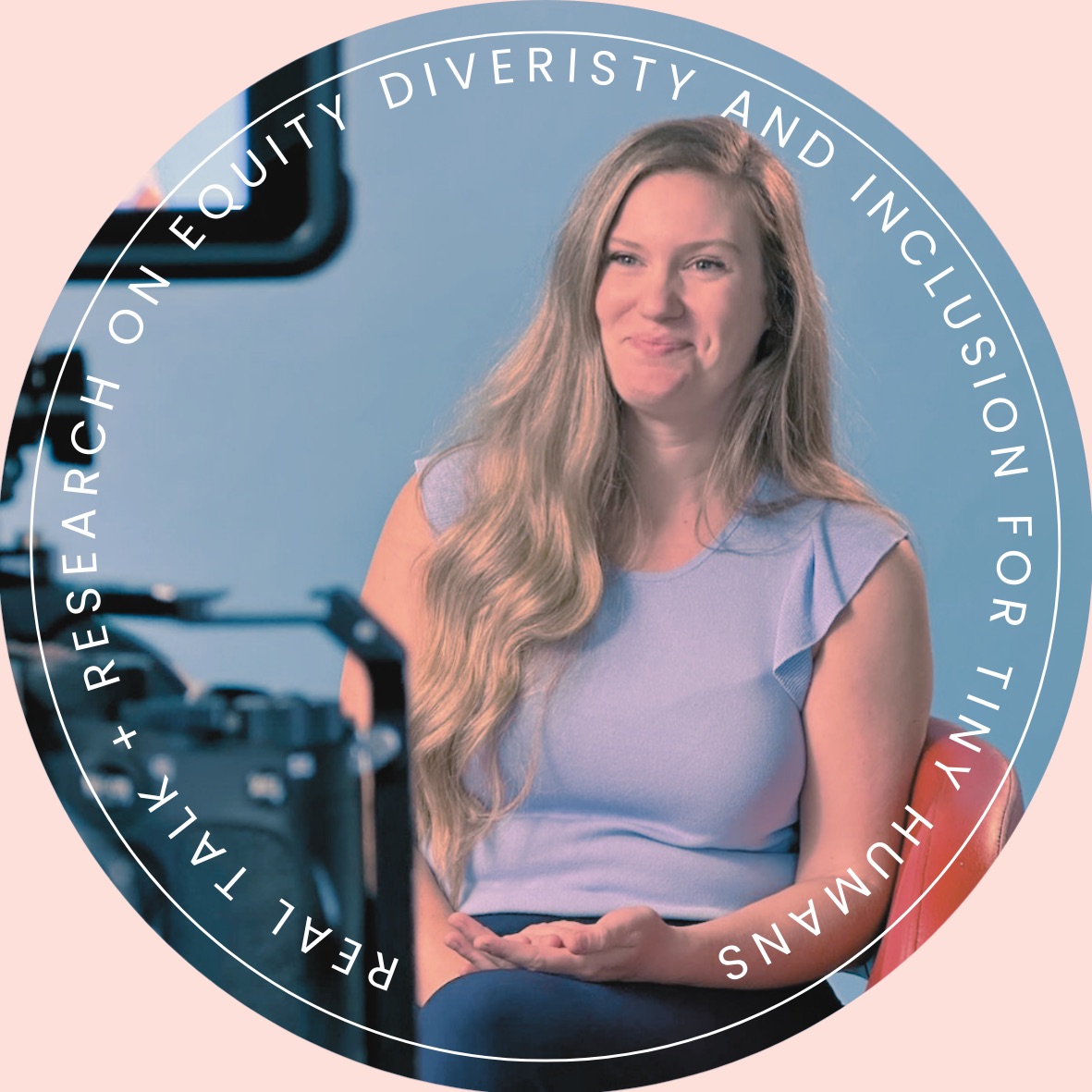Play Talks: The Research on Play and Language Development
- Emily Clark

- Feb 25, 2024
- 4 min read
"Talking It Up: Play, Language Development, and the Role of Adult Support," by Deena Skolnick Weisberg, Jennifer M. Zosh, Kathy Hirsh-Pasek, and Roberta Michnick Golinkoff is a powerful review of the research connecting play to language development in young children and asking key questions about how adult support can contribute to these effects.

This is such a great piece and I wish it hadn't been hiding from us since TWENTY THIRTEEN. I've been lowkey obsessed with the tag team of Jennifer Zosh and Kathy Hirsh-Pasek's work on play lately because I feel like their research and writing inspire so much unity in our profession- they're not willing to accept the false dichotomy between play and learning that wants to divide our profession and neither am I! The lead author on this piece, Deena Skolnick Weisberg has done a ton of research on young children's literacy preferences, reasoning, and imagination. Let's dig in.
The authors start by acknowledging that play and language development have a complex relationship- language develops through play and language develops through other avenues. This doesn't diminish plays importance, rather, "To the contrary, even if no single aspect of play is a necessary or sufficient condition for developing a particular language skill, various aspects of play—when taken in the aggregate—link play and language," (Weisberg et al., 2013). This means there's something unique in the combination of elements in play that is key for language development.
Weisberg et al., (2013) pause here to clarify what makes play different from something that is simply playful and emphasize that ultimately play is child-led. Child-led play includes guided play with adults in which the adults may set up an environment and provide interaction, support, and focus towards a goal under the child's direction.
The authors reviewed the body of research on the role of play in early language development (until about age 6) and found four key elements of play that support language skills. These elements were:
Play encourages the use of symbolic thinking
Play allows for social interactions
Play creates the context for language input and output
Play involves high levels of engagement
Next, Weisberg et al., (2013) looked at a variety of studies that directly examined links between play and language through experimental methods, "In general, these studies increased the amount of play by providing children with more time to play or with some play training and reported subsequent increases in language use. These studies bolster the claim that play serves to facilitate language development." Several classic studies support the conclusion that the role of the adult could be important to play's role in developing children's language, however the authors highlight some methodological concerns- this means some issues with the design of the experiment- that might make the results less clear.
Weisberg et al,. (2013) then review more recent research highlighting that it is play itself that, "causes specific effects on language development over and above the effects of adult interaction." The authors share a 2010 study by Myae Han et al. in which two groups of children received a 30 minute vocabulary intervention activity. One group spent the full 30 minutes in the activity while the other received a 20 minute version of the activity and then were given 10 minutes to play. While both groups showed gains in the vocabulary they understood, only the play group showed gains in the vocabulary they used. Other studies shared by Weisberg et al. (2013) provided evidence support the idea that play increases children's language output and deepens children's engagement.

In returning to discussions about the role of the adult, Weisberg et al. (2013) argue that both playful instruction and guided play show evidence of supporting children's language development, "The adult-supported play affected children’s learning above and beyond what could be explained on the basis of simple exposure to the words during the book reading." The authors also noted research suggesting that different types of play may work better for individual children depending on their background experiences.
Ultimately, Weisberg et al. (2013) provide a powerful case for the importance of play in supporting children's language development arguing in conclusion that, "We thus urge that curricula take advantage of this fact and incorporate spaces where children can feel free to follow their own interests in partnership with teachers."
Let's look at our key takeaways from this piece. The evidence is clear that play develops children's language skills.
If play supports children's language development at least as well as direct instruction- how can we advocate for using anything but the developmentally appropriate option?
Free play provides a vehicle for symbolic thinking, deep engagement, social interaction, and language output. This is an of itself is a powerful combination for rich and authentic language development.
Guided play- in which adults follow children's lead- can support specific learning outcomes as educators weave language skills and content into the child's playscape.
Playful direct instruction activities may be more impactful for learning when shorter and followed by genuine play.
Thinking about our own practice, to what extent are we offering children meaningful, child-led play opportunities? In what ways does this piece support disengaging from direct instruction practices around vocabulary and other language acquisition skills? How are we considering the individual needs of our children when planning play opportunities to enhance their learning? What balance of play types might best support the children in our settings?
I highly recommend taking this piece to your teams and working through these questions together. You can access the full PDF free here.
References:
Weisberg, D.S., Zosh, J.M., Hirsh-Pasek, K., & Golinkoff, R.M. (2013). Talking It Up: Play, Language Development, and the Role of Adult Support. American Journal of Play, 6, 39-54.





Comments